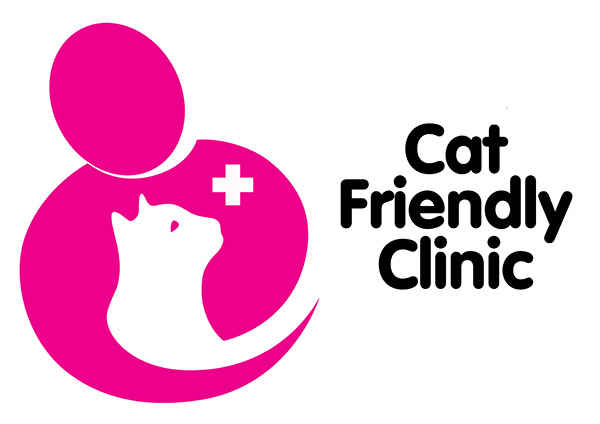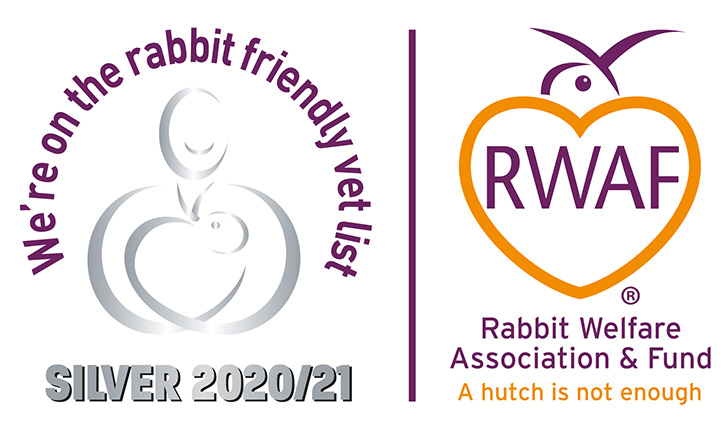Worm egg counts
A targeted approach is the right approach
Dr Emma Batson of Merial Animal Health explains why it is increasingly important to monitor the worm burden of your horse and how a targeted approach to worming is vital for all horse owners.
We now know that the level of worm infestation can vary considerably from one horse to another – even those kept together on the same yard. As a general rule, it is estimated that 80% of the equine worm population is carried by only 20% of horses, so clearly a blanket approach to worming may be unnecessary for the majority of horses.
Targeted programmes incorporating faecal worm egg counts (WECs) play an important role in managing equine parasites, reducing unnecessary treatments so that each individual horse is only treated as needed.
WECs are easy to undertake, simply take a fresh sample from each horse, send them away to be analysed by your vet or laboratory and the results will be returned, along with a recommendation of whether worming is necessary at that time. WECs are a vital part of EQVALAN®’s SMART worming campaign, which encourages owners and yard managers to Simply Monitor, Assess Risk and, if necessary, Treat with the most appropriate wormer.
Target tapeworms too
WECs are a great indicator of most species of adult roundworms; however, immature and encysted small redworm cannot be detected on a WEC test. Tapeworms can only be properly detected with a blood test. Research has shown that tapeworms are associated with certain types of colic and so in the absence of a blood test, it is important to treat these parasites with the right product at the right time.
Whilst traditionally a double dose of pyrantel-based wormer was the only treatment available for tapeworms, more recent developments mean that a single dose of combination wormer such as EQVALAN® Duo which contains both ivermectin and praziquantel – a known tapeworm treatment – is all that is needed.
Twice yearly treatments for tapeworm in the spring and autumn will act as the cornerstone of your programme. So just one dose, twice a year, will help keep the tapeworm burden at bay. An annual treatment for immature and encysted small redworms is also usually recommended during the winter months, and in between times regular WECs recommended every 8-10 weeks can be performed.
The combination of twice yearly tapeworm treatments, an encysted treatment and regular WECs will provide optimal results for all horses, reducing the amount of wormer required as well reducing the threat of worm resistance.


